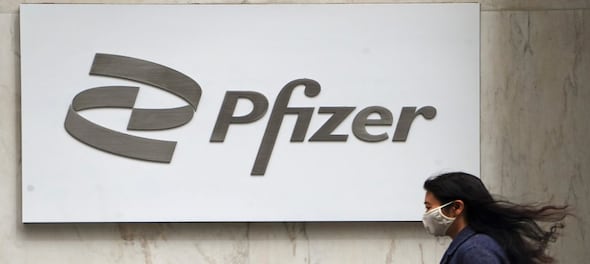
Nearly two years after the onset of the COVID-19 pandemic, ramped up vaccination drives point to some light at the end of the tunnel. The head of one of the vaccine makers believes life will return to relative normalcy by next year.
Albert Bourla, the CEO and Chairman of Pfizer, said life will slowly return to how it used to be though annual booster shots may be needed to remain protected against any new variants.
“Within a year I think we will be able to come back to normal life,” Bourla said in an interview on ABC.
His statements echo those by the CEO of fellow vaccine manufacturer Moderna. “As of today, in a year, I assume,” Moderna CEO Stéphane Bancel told the Swiss newspaper Neue Zuercher Zeitung on September 23.
The return to normal will largely rely on robust vaccination drives along with focus on annual booster shots against both existing and yet to-emerge COVID-19 variants.
The US Centres for Disease Control and Prevention (CDC), and the Food and Drugs Administration (FDA) have recently given the go-ahead for booster shots for at-risk populations, and those who are immunocompromised.
Dr Rochelle Walensky, head of the CDC, went against the recommendation of the expert panel and allowed booster shots to be distributed to those in high-risk occupational and institutional settings. Her decision came at a time when faltering vaccination rates in the US have caused a massive resurgence in cases driven by the Delta variant.
“The most likely scenario for me is that, because the virus is spread all over the world, that it will continue seeing new variants that are coming out,” Bourla said.
“Also we will have vaccines that they will last at least a year, and I think the most likely scenario is annual vaccination, but we don’t know really, we need to wait and see the data,” he added.
While booster shots remain on the agenda for several nations like the US, Germany and France, among others, several poorer nations have been struggling to give even the first dose to their citizens. Amid the growing vaccination gap, the World Health Organization (WHO) has asked countries to defer booster programmes until the end of the year so that more doses may be passed on to poorer nations.
Moderna and Pfizer are two of the companies that have faced increasing criticism from health activists for not sharing their technology to ramp up production of their vaccines. While Pfizer has been against waiving intellectual property rights on its vaccine for the duration of the pandemic, Moderna has famously said it would not be enforcing the patent laws on its vaccine while the pandemic remains a threat.
However, without proper technology sharing, Moderna’s offer has not been taken up by other pharmaceutical companies.
(Edited by : Shoma Bhattacharjee)
Check out our in-depth Market Coverage, Business News & get real-time Stock Market Updates on CNBC-TV18. Also, Watch our channels CNBC-TV18, CNBC Awaaz and CNBC Bajar Live on-the-go!


BJP is planning to ban RSS, says Shiv Sena (UBT) chief Uddhav Thackeray
May 18, 2024 8:01 PM
Punjab Lok Sabha elections: Complete list of Congress candidates
May 18, 2024 4:08 PM
Punjab Lok Sabha elections: Check full list of AAP candidates and constituencies
May 18, 2024 12:59 PM
PM Modi, Rahul Gandhi election rallies in Delhi today: Here are the routes to avoid
May 18, 2024 11:28 AM

